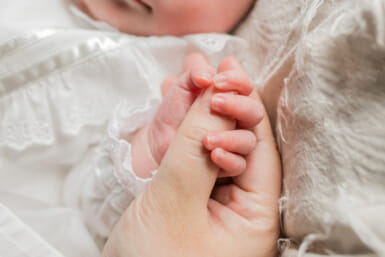Doctor Yuichi Okubo, 45, stood silent as the Osaka High Court sealed his fate on November 25: his 18-year prison sentence was upheld. Convicted of aiding a woman’s death at her own request, the ruling reignited debate about euthanasia in Japan — a country where the law clings fiercely to the sanctity of life.
The Case
Yuri Hayashi, 51, was suffering from amyotrophic lateral sclerosis (ALS), a degenerative neurological disease that progressively paralyzes the body. It had stolen her mobility and independence. In 2019, she reportedly contacted Okubo and former doctor Naoki Yamamoto through social media, requesting assistance to end her life. The pair administered a lethal dose of drugs, resulting in her death.
Police decided it was murder, not euthanasia, because the two doctors were not the woman’s attending physicians. They reportedly received payment from Hayashi before meeting her. Yamamoto has also been given a prison sentence and is appealing.
Okubo argued his actions were born of compassion. Hayashi wanted dignity, not drawn-out agony. The defense invoked Article 13 of Japan’s Constitution, defending her right to autonomy. But the Kyoto District Court disagreed. In March 2024, it handed Okubo an 18-year sentence, citing a lack of “social justification.” He hadn’t even examined Hayashi properly, they said, nor ensured her wish was consistent and free from coercion.
The Verdict
The Osaka High Court saw no reason to overturn the ruling. Presiding Judge Hidenori Nagai condemned Okubo for failing to confirm Hayashi’s intent, relying instead on fleeting social media messages and rushed conversations. Compassion, they ruled, does not excuse negligence.
The court also tied Okubo to another crime. In 2011, he allegedly conspired with Yamamoto to murder Yamamoto’s father, fabricating medical documents and arranging a swift cremation. A pattern of disregard for life, they called it.
The Euthanasia Debate
This case lands like a thunderclap in Japan’s simmering debate over end-of-life care. The country’s aging population is swelling. Chronic illness is rampant. Yet euthanasia remains a legal taboo, forcing patients like Hayashi to choose between unbearable suffering or unlawful, secretive acts.
Advocates see tragedy in this. Hayashi’s death, they argue, exposes a broken system that denies dignity and autonomy at life’s end. Opponents counter with grim warnings. Legalizing euthanasia, they fear, invites abuse. Vulnerable patients could be pressured into death. Trust in doctors could erode. The stakes, they say, are too high.
Okubo’s Last Stand
In court, Okubo sat rigid, his face pale. At times, he was seen dabbing his eyes with a handkerchief, a rare display of emotion for a defendant in Japanese courtrooms, where public expressions of remorse or regret can be seen as influencing sentencing.
Okubo has consistently maintained that his actions were motivated by compassion and a desire to fulfill Hayashi’s deeply held wish to end her suffering. His visible emotion in court reflected the weight of the case. His defense team spoke cautiously after the ruling, hinting at a possible Supreme Court appeal.









